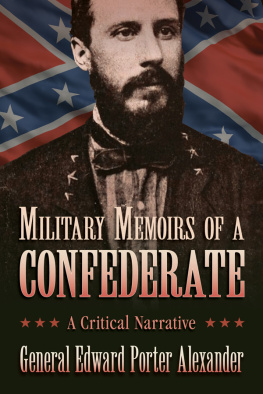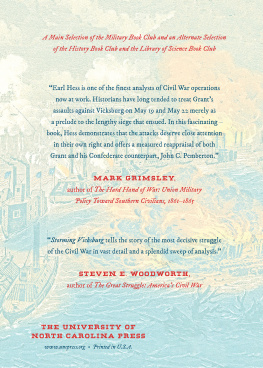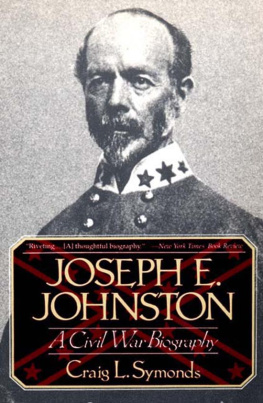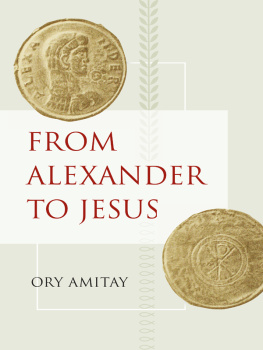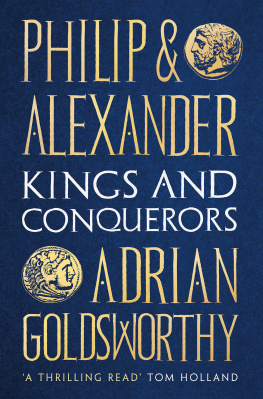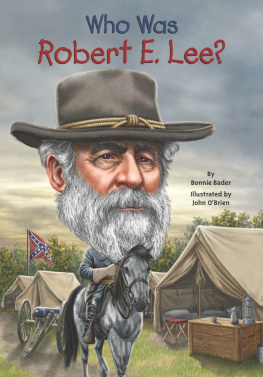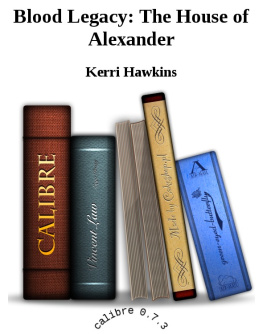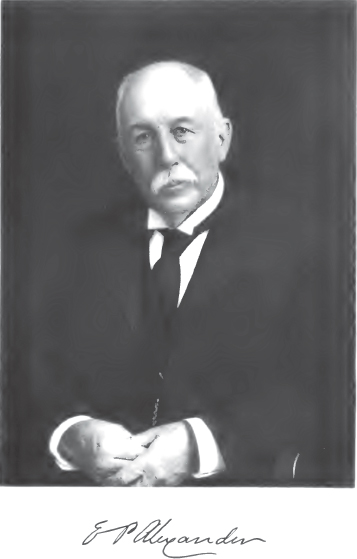
Copyright 2014 by Skyhorse Publishing, Inc.
All rights reserved. No part of this book may be reproduced in any manner without the express written consent of the publisher, except in the case of brief excerpts in critical reviews or articles. All inquiries should be addressed to Skyhorse Publishing, 307 West 36th Street, 11th Floor, New York, NY 10018.
Skyhorse Publishing books may be purchased in bulk at special discounts for sales promotion, corporate gifts, fund-raising, or educational purposes. Special editions can also be created to specifications. For details, contact the Special Sales Department, Skyhorse Publishing, 307 West 36th Street, 11th Floor, New York, NY 10018 or .
Skyhorse and Skyhorse Publishing are registered trademarks of Skyhorse Publishing, Inc., a Delaware corporation.
Visit our website at www.skyhorsepublishing.com.
10 9 8 7 6 5 4 3 2 1
Library of Congress Cataloging-in-Publication Data is available on file.
ISBN: 978-1-62873-763-9
eISBN: 978-1-62914-132-9
Printed in the United States of America
TO
The memory of the Dead
WHOSE BRAVERY WON THE GLORY
WHICH THE LIVING ENJOY

THE BAND IN THE PINES
Oh, band in the pine-wood, cease! Cease with your splendid call;
The living are brave and noble, But the dead were bravest of all!
They throng to the martial summons, To the loud triumphant strain;
And the dear, bright eyes of long dead friends Come to the heart again.
They come with the ringing bugle, And the deep drums mellow roar,
Till the soul is faint with longing For the hands we clasp no more.
Oh, band in the pine-wood, cease, Or the heart will melt in tears
For the gallant eyes and the smiling lips And the voices of old years.
J OHN E STEN C OOKE ,
Ordnance Officer, Stuarts Cavalry.
THE POINT OF VIEW
T HE raison dtre of the following pages is not at all to set forth the valor of Confederate arms nor the skill of Confederate generals. These are as they may be, and must here take their chances in an unpartisan narrative, written with an entirely different object. That object is the criticism of each campaign as one would criticise a game of chess, only to point out the good and bad plays on each side, and the moves which have influenced the result. It is far from being a grateful task, and the writer is, moreover, painfully conscious of his limitations in his effort to perform it adequately.
But it is of great importance that it should be attempted even approximately not only for the benefit of general history, but more particularly for that of military students and staff-officers. These will find much of value and interest in the details, pointing out how and why the scale of battle was turned upon each occasion. It is only of recent yearssince the publication by the War Department of the full Official Reports of both armies, in 135 large volumesthat it has become possible to write this story, even approximately. History, meanwhile, has been following the incomplete reports of the earlier days which, sometimes, as at Seven Pines (or Fair Oaks), have deliberately concealed the facts, and has always felt the need of the personal accounts covering the incidents of every march, skirmish, and battle.
Only among these can be traced the beginnings, often obscure and accidental, of the most important events; and these must ever form an inexhaustible mine for the study by the staff-officer of the practical working and details in every department of an army.
As to the causes of the war, it will, of course, be understood that every former Confederate repudiates all accusations of treason or rebellion in the war, and even of fighting to preserve the institution of slavery. The effort of the enemy to destroy it without compensation was practical robbery, which, of course, we resisted. The unanimity and the desperation of our resistanceeven to the refusal of Lincolns suggested compensation at Fortress Monroe, after the destruction had already occurredclearly show our struggle to have been for that right of self-government which the Englishman has claimed, and fought for, as for nothing else, since the days of King John.
It has taken many years for these truths to gain acceptance against the prejudices left by the war, even though it has been notorious from the first that no legal accusation could be brought against any one, even Mr. Davis. With the adoption of this view by leading English authorities, not to mention distinguished Northern and Republican authors, the South may be content to leave all such questions to the final verdict of history, admitting itself too close to the event to claim impartiality.
One thing remains to be said. The world has not stood still in the years since we took up arms for what we deemed our most invaluable rightthat of self-government. We now enjoy the rare privilege of seeing what we fought for in the retrospect. It no longer seems so desirable. It would now prove only a curse. We have good cause to thank God for our escape from it, not alone for our sake, but for that of the whole country and even of the world.
Had our cause succeeded, divergent interests must soon have further separated the States into groups, and this continent would have been given over to divided nationalities, each weak and unable to command foreign credit. Since the days of Greece, Confederacies have only held together against foreign enemies, and in times of peace have soon disintegrated. It is surely not necessary to contrast what would have been our prospects as citizens of such States with our condition now as citizens of the strongest, richest, andstrange for us to say who once called ourselves conquered and our cause lostthe freest nation on earth.
The statistics of our commerce, our manufactures, and our internal improvements are an object-lesson of the truth of old sops fable, pointing out the increased strength of the separate sticks when bound together into a fagot. That the whole civilized world shares with us in the far-reaching blessings and benefits of our civilization, wealth, and political power is manifest in our building the Panama Canal, and again, in the Treaty of Peace between Russia and Japan, negotiated through the influence of our President. These are but the first-fruits of what the future will develop, for our Union is not built to perish. Its bonds were not formed by peaceable agreements in conventions, but were forged in the white heat of battles, in a war fought out to the bitter end, and are for eternity.
CONTENTS
Mormon War. Return to West Point. The Plains in 1858. The Signal System. Fort Steilacoom, 1860. Leaving Steilacoom. At San Francisco. Interview with McPherson. Resign from U. S. Army. New York to Georgia. Captain of Engineers, C.S.A. Impressions of Travel. The First Blow. Instructions to Maj. Anderson. Andersons Second Excuse. Third Excuse. Buchanans Excuse
At Richmond. Gen. Robert S. Garnett. Orders Received. At Manassas. Installing Signal Stations. Strategic Opportunities. Beauregards Suggestions. McDowells Moves. Orders sent Johnston. Johnston Marches. Patterson remains Ignorant. The Odds against Us. Masked Batteries, etc. Blackburns Ford. An Infantry Skirmish. An Artillery Duel. New Plan Needed. Plan Adopted. McDowell Overpersuaded. In the Confederate Lines. McDowells New Plan. Beauregards Plan. How it Failed. Tyler at Stone Bridge. At the Signal Station. Beauregard Informed. A Pause. The Dust Cloud. The Action Begun. Bee and Bartow come in. The Generals go to the Left. Watching the Battle. Johnston and Beauregard Arrive. Reinforcement sent for. McDowells Four Idle Brigades. Two Hours Fighting. The Henry House Hill. Cummingss Brilliant Coup. The Federal Collapse. Leaving Signal Station. Stragglers in the Rear. Davis and Jackson. Lost Opportunities. Order checking Kershaw. Order stopping Pursuit. Affairs on the Right. Jones and Longstreet. Bonham takes the Lead. Bonham Halts. Overcaution in New Commanders. The Final Scene. Return from the Field. Hills Report. Inaction of Council

